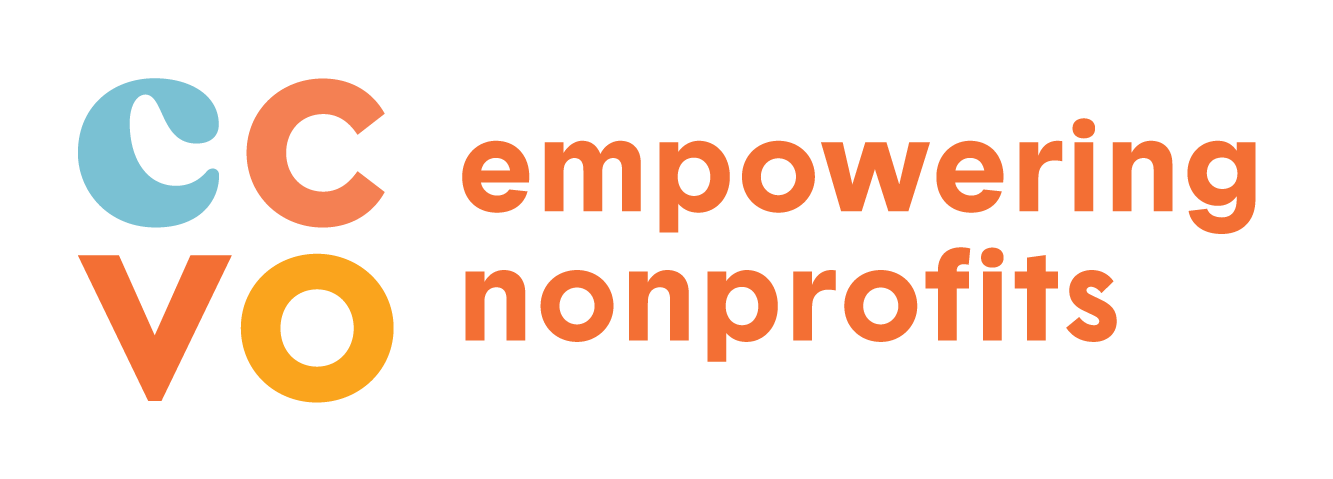How to Budget in Uncertain Times
By CCVO Guest Blogger Robin Butler, Supervisor NPO Division, Baker Tilly Catalyst
As we continue to navigate through uncertain times, it can be tricky to budget when a multitude of outside factors could change your course of action. Here are a few guidelines and tips that can be utilized to plan your budgeting even during turbulent times.
What is a budget?
First, it’s important to understand what a budget is and how it helps define your course for the coming year. A budget is a guide that can be either accrual or cash-basis format. It’s reviewed regularly (usually quarterly) and is utilized by board members, members of the organization, and potential funders and donors. It’s important to take the budgeting process seriously as it helps you discover new strategies, see if you’re on track, and make informed decisions.
Building your Budget
Look at historical data as a starting point. Though things can change in an instant, your history is the best resource you have right now for planning for the future. Understand that during these times, your historic spending might not be the same; ensure you make an allowance for these changes. Additionally, consider the facts you know about the upcoming year. If you know there are certain donations coming in, or virtual events or spending that will go forth no matter what the state the world is in, input those into your budget. Once all information is compiled, review where you are at and assess where things may change. Be agile with your budget. Try scenario planning for changes. Evaluate your fixed and variable expenses.
In times like these, you should plan for the worst-case scenario. The worst-case scenario could be changes to your programing you may have to make, or staff changes should revenue streams deplete more than you expected. You can still create a version of your budget for the best-case scenario as well, but it is best practice to plan for the worst-case and pivot as things play out. In times of uncertainty, budgeting for shorter periods – such as three months instead of a year – can also be helpful.
If you feel there could be multiple what-if scenarios that would have a major impact on the organization, you should also build a contingency budget to cover these major potential changes. If you build a budget separate from your main budget that you will only utilize should you need it, it can help take away the stresses of uncertain times.
Non-cash considerations
There are a few non-cash considerations you should take into account. These include amortization (you can use last year’s as a starting point to calculate, but if you have any large asset purchases or disposals keep in mind your amortization will change) and deferred contributions.
For deferred contributions, consider: Is there any revenue deferred from prior year programs that will be utilized in the current year? Is there any revenue coming in this year that needs to last more than one year?
Increase fundraising and diversify revenue streams
The best way to deal with uncertainty is to fundraise and create a buffer for those unforeseen expenses. Show donors that you are a worthy cause through your messaging and fundraising efforts. Consider using new avenues (such as virtual events, digital advertising on new platforms, partnering with other organizations or more) in addition to your traditional ones to attract more donors. Similarly, continue to focus on current donors and communicate with them more frequently to increase donor retention.
If you can create additional revenue streams other than donor dollars – such as virtual events – you can increase revenue flow to help for a rainy day.
Adjust your tolerance
Consider what your tolerance for lost revenue will be if times get rough. At which point will the difference in revenue coming in from previous years get to a point that is unsustainable. Then if you get to that point, you know you will have to make changes, such as adjustments to fixed expenses.
If you have any questions, don’t hesitate to reach out. This is unchartered territory for us all and we are all navigating together.
About Baker Tilly Catalyst
Baker Tilly Catalyst works extensively with Not-for-Profits and registered charities on all accounting-related matters including bookkeeping, financial and tax reporting, audit support and senior financial professional outsourcing (CFO support). They also host virtual roundtable sessions to assist charities with their operations.
With a team of dedicated specialists in this area, Baker Tilly Catalyst becomes a key member of the Not-for-Profit or registered charity’s team to align performance and organizational goals.
Feel free to contact Robin at 403-767-1546 or rhbutler@bakertilly.ca
References
Butler, Robin. Balanced Budgeting presentation.
Forbes. 14 Smart Ways to Approach Nonprofit Financial Planning in Uncertain Times. December 2020. https://www.forbes.com/sites/forbesnonprofitcouncil/2020/12/10/14-smart-ways-to-approach-nonprofit-financial-planning-in-uncertain-times/?sh=182e73db5ed9

